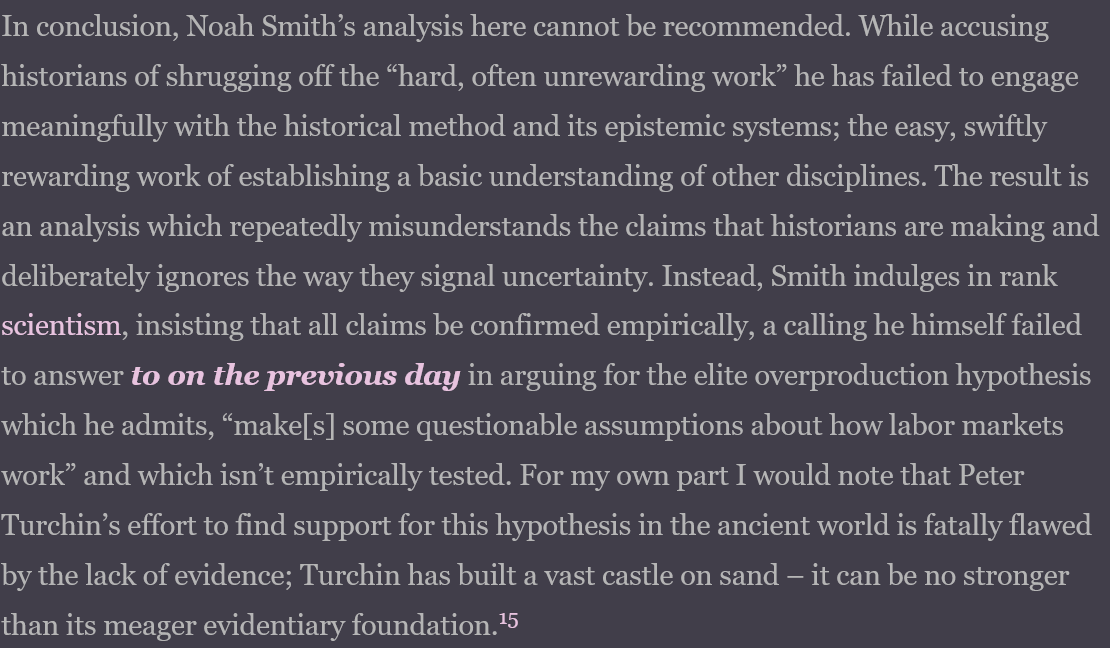A very interesting article, via @WalterScheidel
I've been following the Patriotic Millionaires and I think it is one of the most hopeful signs in an otherwise very gloomy situation. 1/n
newyorker.com/magazine/2020/…
I've been following the Patriotic Millionaires and I think it is one of the most hopeful signs in an otherwise very gloomy situation. 1/n
newyorker.com/magazine/2020/…
@WalterScheidel Some great insights in the article include the generational dynamics about which I wrote in #AgesOfDiscord
What this paragraph doesn't stress enough is that the previous generation lived through the turbulent times; the succeeding didn't.
What this paragraph doesn't stress enough is that the previous generation lived through the turbulent times; the succeeding didn't.

@WalterScheidel Because the next generation of elites never experienced what it means to live in a country on the brink of revolution, they felt they could dismantled the social state that was built before WW II. 3/n
@WalterScheidel Of course now we are back in a "revolutionary situation". The article finally gets to the question of political violence in the second half. 4/n 

@WalterScheidel Walter think's that a serious social breakdown is not in the cards. Here's where I disagree with you. 5/n 

@WalterScheidel Yes the American state is very strong. I agree. But, first, it can be taken over by radicals, whether left-wing or (more likely) right wing. Second, we could have a Civil War II between the coasts and the "fly-over country." Third, strong states have collapsed in history. 6/n
@WalterScheidel Given the potential for enormous human misery that would follow any of those scenarios, I think it is not a great idea to tell the elites that everything will be OK. 7/n
@WalterScheidel Final thought: the article, and most of current commentary focuses on popular immiseration. But historically social breakdowns were a result of immiseration and intraelite competition and conflict acting together. 8/n
peterturchin.com/cliodynamica/d…
peterturchin.com/cliodynamica/d…
@WalterScheidel If you are rich, worry not about peasants with pitchforks; worry about commissars in black leather coats with Mauser pistols at their side. 9/9 *end* 

• • •
Missing some Tweet in this thread? You can try to
force a refresh





